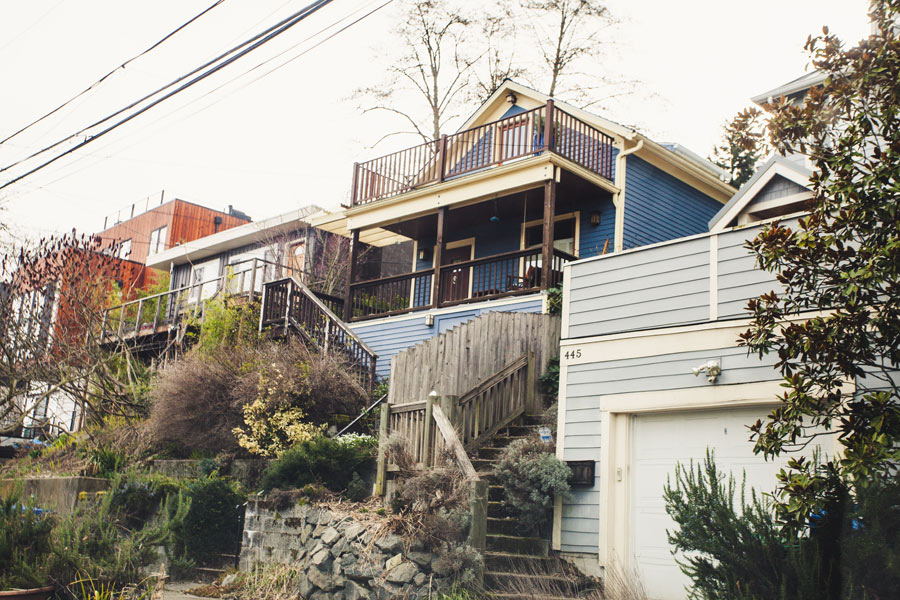The 2008 stock market crash brought the loss of hundreds of thousands of jobs in the United States, causing unemployment to peak at 10%. Home values sharply decreased, with prices falling 18% compared with the previous year, and would continue to decline in price until around 2012. Similarly, in 2020, the pandemic’s effect on housing supply and affordability is clear.
Now, the current coronavirus pandemic has similarly destroyed the economy, with unemployment rates reaching a record high of 14.7% in April of 2020. This means that housing prices are also plummeting, right? Not this time.
[Related: How the Federal Reserve Affects Mortgage Rates]
Supply Is Low
Because of this pandemic, many homeowners and potential sellers have been pulling their houses off the market. Across the nation, shelter-in-place and social distancing decrees make the idea of hosting an open house or letting your current home be viewed by hopeful buyers sound unappealing — if not downright dangerous. With over 600,000 construction industry layoffs in March, the building of new single and multi-unit dwellings has significantly decreased as well. Building permits for single family homes in April fell 24% from the previous month. The supply of available houses to purchase is incredibly low.
Demand initially fell as well. According to the U.S. Labor Department, over 30 million people in the country lost their jobs, and a viral pandemic — with all of its health hazards and economic uncertainty — doesn’t exactly provide the ideal environment for shopping around for a home.
Typically the drop in demand would cause a drop in housing prices, but that hasn’t been the case. Housing prices depend on the push and pull of supply and demand. If there’s an influx of available properties but not very many people looking to buy, prices will decrease, as each seller competes for limited attention. If demand is outweighing supply, meaning more people are looking to purchase a home than the amount of homes available, sellers can confidently raise their prices since they don’t have to compete as much. Since both supply and demand plummeted at the same time and at around the same rate as a result of COVID-19, housing prices were largely unaffected.
[Related: How COVID-19 Will Impact Mortgage Rates]
Demand Is Beginning to Grow
As the country slowly begins to reopen and those forced to stay home are returning to their jobs, curious individuals are beginning to look into purchasing homes once more. Many people currently living in densely populated cities are once more turning to the suburbs to find a calm after this storm. The demand is cautiously beginning to grow — but the supply isn’t there yet. Since buyers are returning at a higher rate than sellers, prices are holding steady, and even increasing in some places.
What We Can Expect in the Future
Don’t forget that housing trends are largely a local issue and can be inconsistent across the country, impacting national data. A dip in prices in Houston, Texas doesn’t mean that costs won’t skyrocket in Portland, Oregon. Here’s what we know for Washington state:
- King County:
- Median housing prices county-wide have dropped month-over-month from $720,400 in March 2020 to $715,000 in April 2020.
- In April, King County saw an average percentage drop of 22.8% in closed sales as compared to 2019.
- Western Washington as a whole:
- Median housing prices in the entire Western Washington region have seen a small drop month-over-month from $470,000 in March 2020 to $466,500 in April 2020.
Predicting whether or not supply will begin to increase soon or if prices will start to decline is a difficult task. Zillow predicts a price drop of 2 to 3% toward the end of 2020 compared to prices in February, and Realtor.com proposes that home sales are going to decrease by 15% with prices flattening.
The coronavirus pandemic has caused uncertainty in almost every aspect of our daily lives, causing unemployment, loss of income, and critical health concerns. Although the economy and housing market have proved resilient in the past, what to expect moving forward is still unclear.
Seattle Mortgage Planners understands the pandemic’s effect on housing supply and affordability, and wants you to know that we’re still here for you. Our experienced mortgage planners can provide guidance and relevant information tailored to your personal goals and home financing situation. Schedule a call for a consultation or send us a message to get started today!

